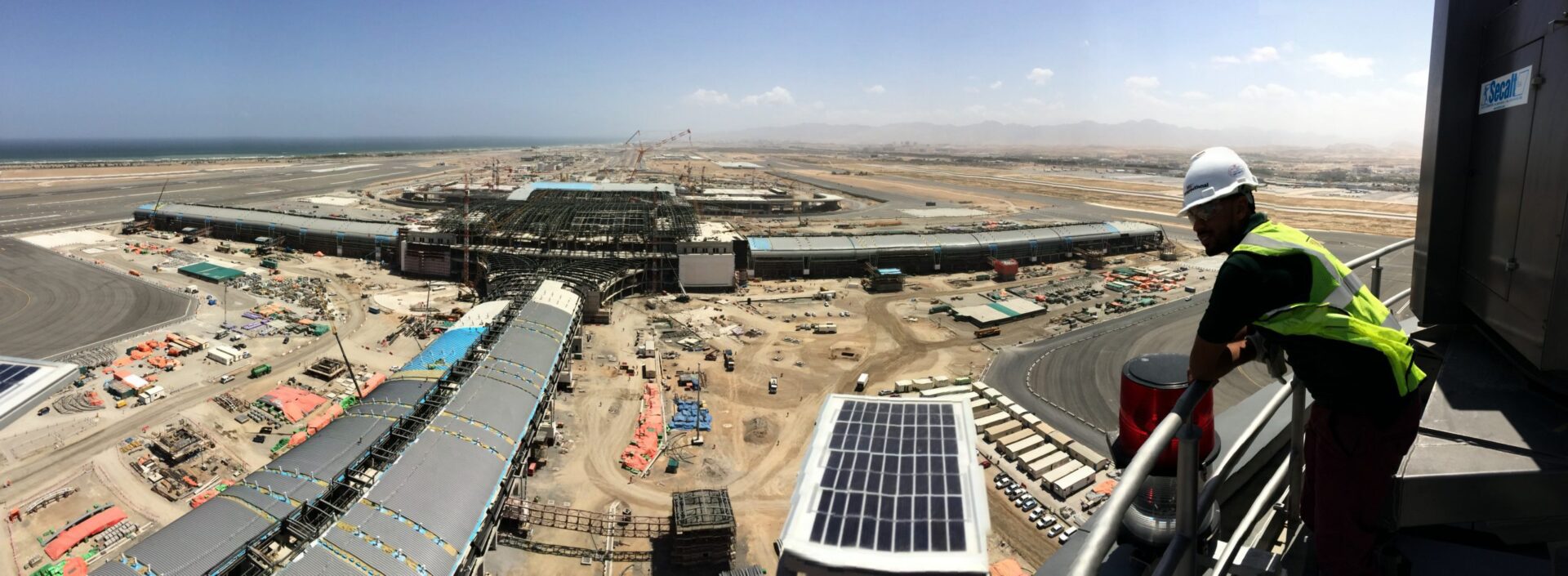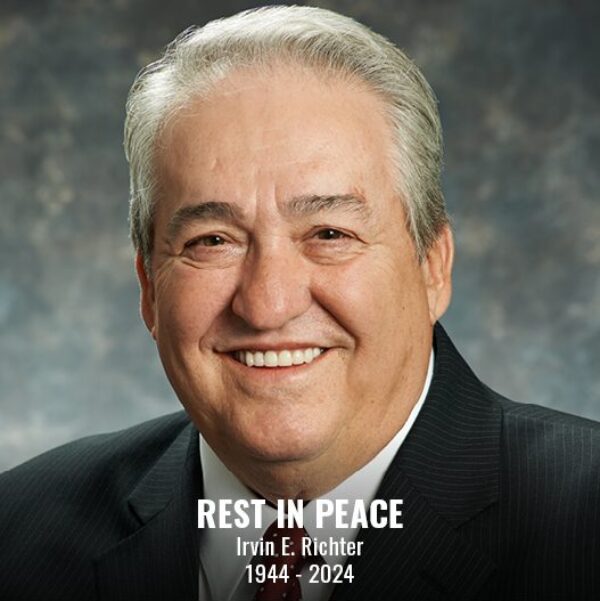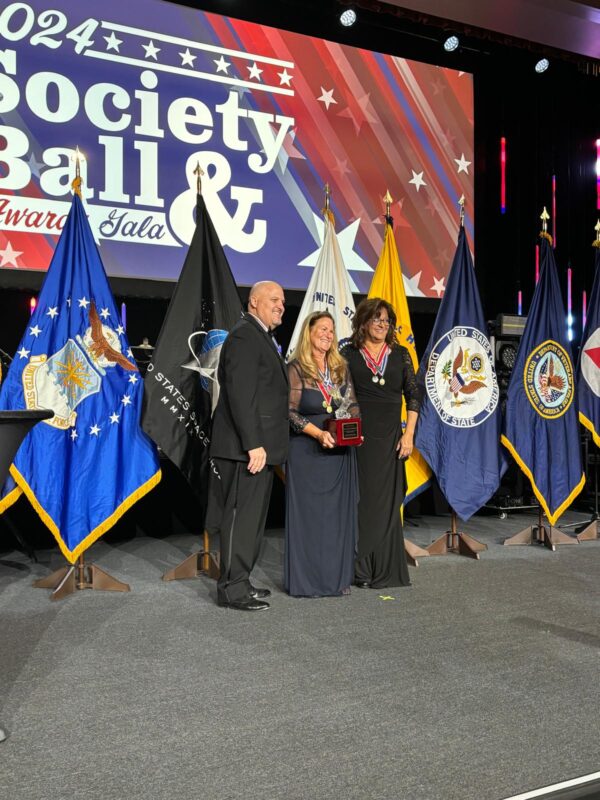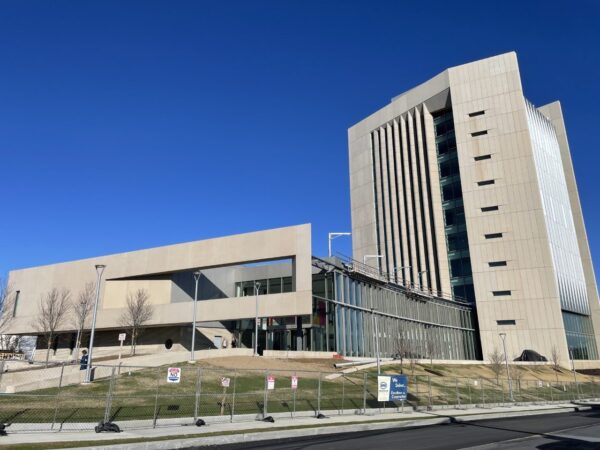
July 15, 2024 | Articles
Construction’s Digital Transformation & The Tools of Modern Project Management

The American Public Works Association’s (APWA) Northern California Chapter selected the Marsh Creek Road Bridge Replacement Project as a 2019 Transportation Award winner. The project was recognized in the Less Than $5 Million Category at APWA’s award luncheon.
“Receiving an award from the APWA Northern California Chapter is special, given the project’s impact to the surrounding area,” said Mike Smith, Hill International’s Senior Vice President & Western Regional Manager. “This project involved a high level of collaboration, technical ingenuity, and proactive planning to manage unique environmental and traffic issues, allowing the team to provide cost-effective and timely solutions to Contra Costa County and its stakeholders.”
The bridge, nestled in the countryside of Mount Diablo State Park near Walnut Creek, CA, was deemed “geometrically intolerable,” dictating a full replacement to meet structural loads and current code requirements. The solution called for a pre-cast/pre-stressed concrete structure, with California “bulb-tee” wide flange girders. The completed bridge is 90-feet long and 47-feet wide, with two, 12-foot-wide lanes and two, 8-foot wide shoulders. In addition, the project featured installing rock slope protection under the new bridge structure and a new soldier pile retaining wall, relocating an 8-inch water main, constructing new private driveways, and removing the existing steel girder bridge.
On behalf of Contra Costa County, Hill joined Substrate, Inc., a local small business firm, to deliver this $4.9 million bridge replacement while overcoming several major constraints. Among the reasons cited by APWA in selecting this project for award, included that it utilized several Accelerated Bridge Construction (ABC) techniques to deliver the project in one construction season instead of two, which avoided the need to winterize the project site, thereby yielding significant cost savings. In addition, the project team mitigated environmental impacts, including meeting a crucial deadline for work in Marsh Creek. The project team also alleviated traffic issues to provide optimum convenience for motorists, who depend on the bridge to travel through the Bay Area. Finally, the project was delivered with zero claims and zero safety incidents.
According to Hill Vice President Andy Kreck, PE, CCM, “The environmental aspects of this project required undivided attention, from the permitting with numerous agencies to the species protection. Likewise, the project deadline of October 31, 2018 was critical and involved detailed tracking from Day 1.”
According to Gus Zuniga, Project Inspector, to make certain the creek wildlife was not impacted by construction, the team installed a temporary man-made stream diversion within Marsh Creek. The diversion featured two, 54-inch diameter HDPE corrugated pipes installed with Gravel Bag Berms, which allowed for a closed system. The team employed a full-time biologist, who monitored daily measurements of PH and water quality for compliance with water control board standards, as well as verified no animals were harmed. Another challenge the team overcame included staging concerns.
“Since the site was constrained, there were a number of staging issues,” Zuniga said. “Two of the more complex matters were limited laydown areas and narrow equipment delivery windows.”
To stage the dual cranes and trucks needed for girder installation, the team utilized a convenience-focused staging plan of short, staggered closings lasting no longer than 15 minutes each. This planning allowed a girder to be lifted, placed, and inspected, then immediately allowed traffic through the site. The team repeated these intervals, continuously providing access for the 6,000 vehicles that utilize Marsh Creek Road each day.
“Through public outreach, the team prioritized the public’s safe passage through this construction site,” Kreck said. “Substrate and Hill worked in coordination with the authorities, kept all parties informed, and were present on site each day to verify safety and minimize inconvenience for motorists while handling all major bridge components within our timeframe.”
The project team worked a total of 17,500 hours with zero recordable accidents, days away from work, and near misses recorded.
Said Kreck, “On every project, safety is our primary focus, and this one was no different. We are proud of the team’s attention to these details and for providing Contra Costa County with a safe, efficient, and effective bridge that will benefit both residents and businesses for years to come.”
Share

July 15, 2024 | Articles
Construction’s Digital Transformation & The Tools of Modern Project Management

July 10, 2024 | Articles
GC/CM at Post Falls: Managing Avista’s North Channel Dam Rehabilitation Project

June 23, 2024 | Articles
Irv Richter – An Innovator, A Pioneer, A Leader (1944 – 2024)

June 14, 2024 | Articles
Environment of Care Standards – Meeting the Challenge (Part Two)

June 13, 2024 | Articles
PMO for Public Transit Project Success: The Reopening of Philadelphia’s Franklin Square Station

June 7, 2024 | Articles

May 17, 2024 | Articles
Hill Interim Federal Market Sector Leader Jane Penny Receives Golden Eagle Award

April 11, 2024 | Articles
A Model Move: Managing Move-In at the Sylvia H. Rambo U.S. Courthouse